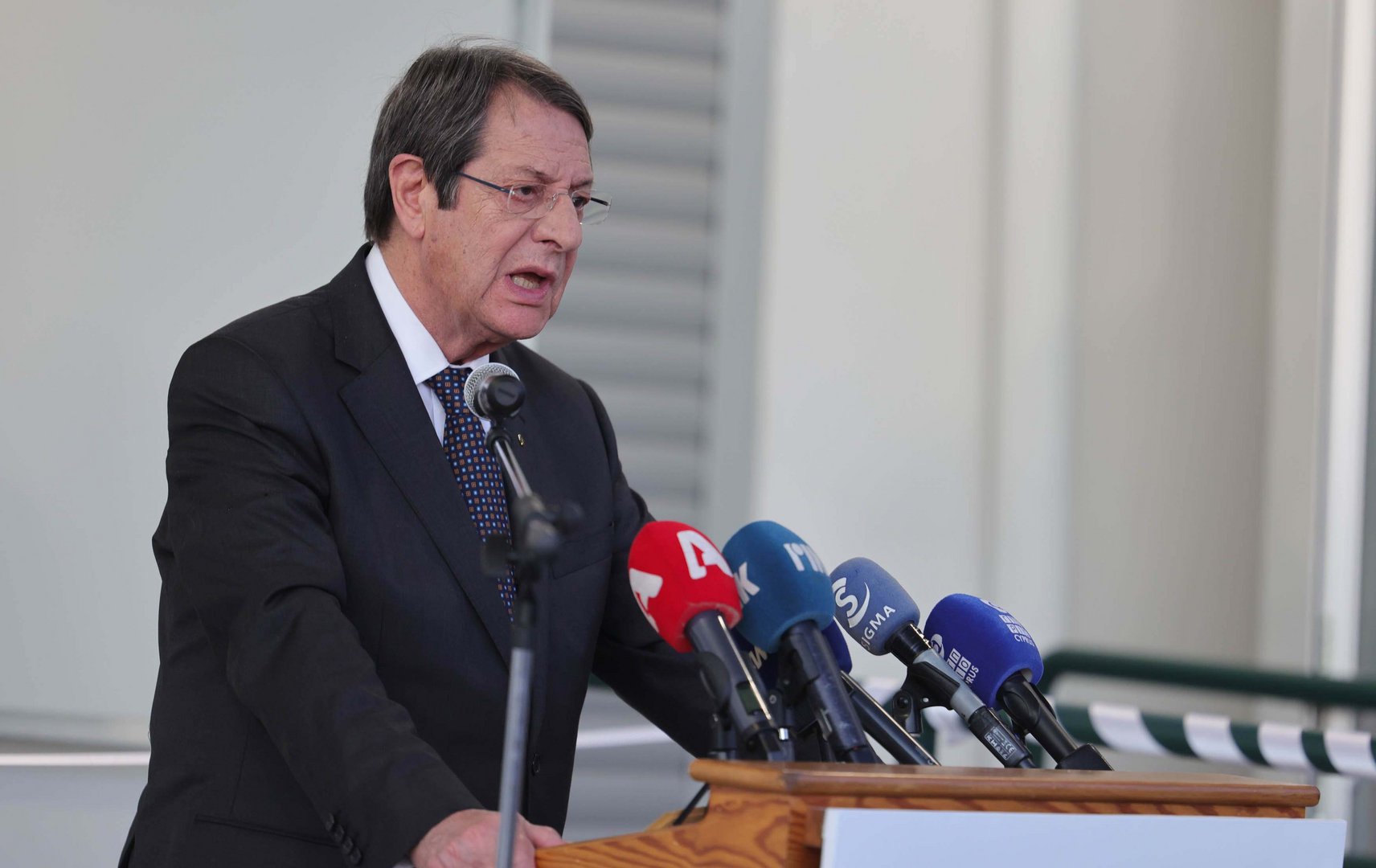The diplomatic efforts being made by the Republic to change the text of the UN Secretary-General’s draft report, which the government did not approve of, failed dismally. The draft was left unchanged, the UNSG refusing to make the corrections demanded by the Cyprus government, maintaining equal distances from the two sides and sticking to his recording of the situation, which lacked objectivity.
A few hours before the release of the report, President Anastasiades expressed his dissatisfaction with the draft and gave assurances that diplomatic efforts were being made to make the necessary corrections so that the final report reflected reality. This, obviously, did not happen, embarrassing Anastasiades, who, for days, had been banging on about the bias of the draft and warning the UN to be careful and objective.
His warnings were ignored, but the reality was that they were directed at domestic audiences rather than the UN, as all the president’s Cyprus problem declarations of the last year have been. His latest outburst is perfectly in keeping with his whitewash narrative of the last year which is designed to absolve him of any responsibility for leading the national issue to its end game.
Other presidents may have spurned opportunities over the years, but only one will go down in history for taking the Cyprus problem beyond the point of no return, making partition an inevitability. Anastasiades cannot accept the burden of responsibility for this, so he developed his own diversionary narrative. Turkish intransigence was exclusively to blame for the collapse of the conference at Crans-Montana, Turkish revisionism for the failure to resume talks and the UN policy of equal distances for the biased report that did not reflect the reality of the situation.
The reality of the situation, however, is not just the aggressive rhetoric of the Turkish side and its insistence on a two-state solution, which we want the UNSG to censure. There is another reality mentioned in the report – the absence of common ground between the two sides for a resumption of talks. “A surge in hard-line rhetoric on both sides has led to increased rigidity while the prospects for a mutually-agreeable settlement continue to fade,” said Antonio Guterres in the offending report.
Even if he said that the Turkish side was largely to blame for the fading prospects of a settlement, would the Greek Cypriot side have gained anything tangible? Would it stop the Islamification of the north, Ankara’s complete control of the occupied area, the opening of the fenced off area of Varosha or the influx of mainland Turks? No, but it would, superficially, assist Anastasiades’ narrative of blamelessness. A more objective UN report may have been welcomed by the government, and supported Anastasiades’ narrative, but it would have changed nothing on the ground. This, sadly is no longer an objective.







Click here to change your cookie preferences